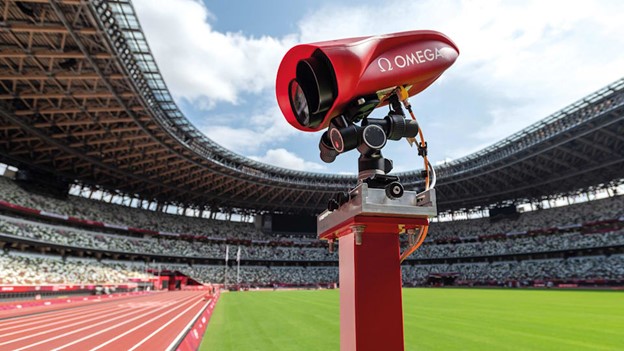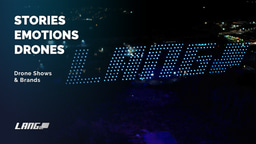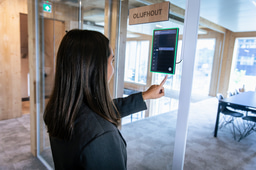Technological Innovations at Paris Olympics 2024: AI, Digital Twins, And More

In a trailblazing initiative, the International Olympic Committee (IOC) launched the Olympic AI Agenda, which determined the envisioned impact that artificial intelligence can provide for sports. And the Paris Games witnessed its first implementation.
“The IOC [used] AI at the Olympic Games Paris 2024, in different areas,” said Thomas Bach, IOC President, in an International Olympic Committee article. “AI [was] used to create highlights videos in multiple formats and languages during these Games. We are also using AI to make the Olympic Games more sustainable through a very sophisticated first-ever data capture and energy management system.”
Digital Twins and AI at the 2024 Olympics: Efficiency Planning
A digital twin is a virtual model of an intended or real-world physical product, system, or process. These virtual counterparts fulfill practical purposes like simulation, monitoring, and more. The concept of digital twins has its roots in industrial manufacturing, but over time, this technology has evolved. Particularly, OnePlan has taken this concept to new heights with their Venue Twin software, allowing event organizers to plan with increased precision. The adoption of these digital twins for the Paris 2024 Olympics brought newfound benefits.
“For planning, we [worked] with our Partner Intel using the concept of digital twinning, or digital representations of venues, so we [could] foresee, for example, where we would need power, where we would need to place cameras, and if there could be any accessibility issues – all without needing to be on-site every time. Using these digital twins of the Games venues, we can change the way we organize the Games,” added Ilario Corna, IOC’s Chief Technology Officer.
AI applications behind the scenes paved the way for more efficient Olympic Games planning. Using this technology, the energy consumption at Paris 2024 was monitored in real-time, and the captured data will inform future planning.
Watch this BBC video for more information on how digital twins were utilized in Paris 2024.
Broadcasting and AI at the 2024 Olympics: Enhanced Data
Olympic Broadcasting Services also used AI during Paris 2024 in collaboration with the IOC's commercial and broadcast partners.

Working with OMEGA, OBS unlocked the power of AI to deliver quicker, significant, and insightful data. For example, in diving, OBS and OMEGA used AI to generate enhanced data graphics, providing a new data set on each athlete’s performance. AI-based motion tracking technology also helped commentators keep track of athletes’ positions during sprints, rowing, sailing, marathon swimming, and more.
In Closing
The International Olympic Committee (IOC) launched the Olympic AI Agenda, and the Paris 2024 Olympic Games witnessed its first implementation. Artificial intelligence was utilized alongside digital twins to assist with planning and sustainability practices. Additionally, artificial intelligence supported broadcasting services and commentators. These initiatives are also paving the way for how future Games will be organized. To learn more about broadcasting at the Olympics, and how Olympic racing proves the importance of latency, check out this article.
From AI’s usage in Euro 2024 to the 2024 Paris Olympics, artificial intelligence has been popping up everywhere! What are your thoughts on using AI in the world of sports?
Recommended Content
Drone Shows and Brands – When Stories and Emotions Learn to Fly

Creating the Next Generation AV Workforce: From Audio Engineers to Solution Designers




Please sign in or register for FREE
If you are a registered user on AVIXA Xchange, please sign in